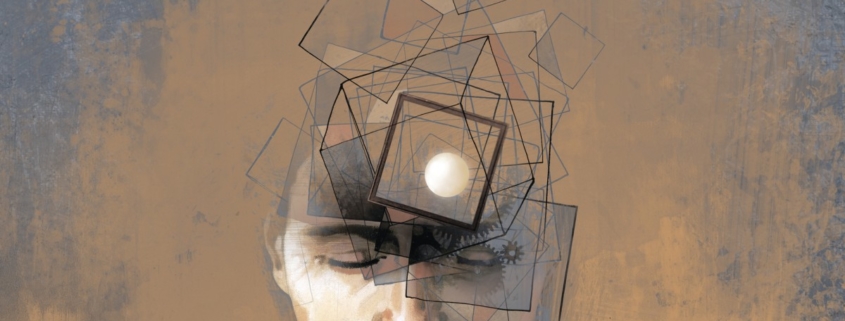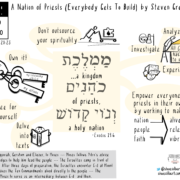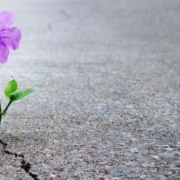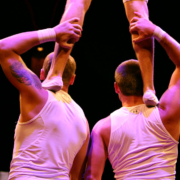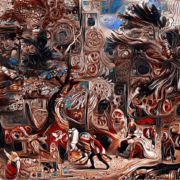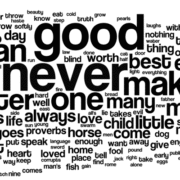Graceful Consolation / Graceful Masculinity: Va’eira
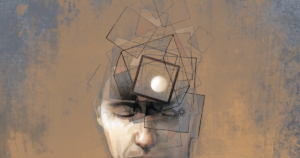 Part of a periodic Torah series on graceful masculinity and Jewish values.
Part of a periodic Torah series on graceful masculinity and Jewish values.
וַיְדַבֵּר מֹשֶׁה כֵּן, אֶל-בְּנֵי יִשְׂרָאֵל; וְלֹא שָׁמְעוּ, אֶל-מֹשֶׁה, מִקֹּצֶר רוּחַ, וּמֵעֲבֹדָה קָשָׁה.
But when Moses told this to the Israelites, they did not listen to Moses, because of shortness of breath and hard work.
Exodus 6:9
Although this parsha brings with it the good news of liberation, the Israelites are not positioned to hear it. They couldn’t be comforted because they could not imagine a reality different from the one they were currently experiencing. The struggle for freedom and equality must include breaking the limitations in our minds around what is possible. This process of introspection is an essential stage in alleviating the pain of the moment and moving towards a better future.
Rashi explains that the Israelites were not consoled by Moshe’s promises of redemption. In Hebrew, the word for consolation, נחם, is the same as “reconsider.” In the time of Noah, before the flood, Genesis 6:6, G-d reconsidered having made people and was pained. Rashi there explains that G-d was consoled in part that at least humanity’s destruction was limited to this world. Consolation involves a considering of different possibilities, and it is precisely this flexibility of thought that eluded Israel and left them comfort-less.
We are told, Eruvin 13b, that for several years the Houses of Hillel and Shammai argued whether it was better for humanity to have been created or not. Finally they concluded that “Better to not have been created than to have been created, but now that we have been created we should examine our deeds.” The rabbis understand this teaching both as a reminder that the world that G-d created, in the garden before the sin, was perfect and well worth it, and that our current world, the consequence of our mistakes, can be restored by working on ourselves and society.
Sometimes it is hard to hear that things will ever be different and ever get better. In general, the words we use to describe something are rarely as expansive as the experience itself, especially about things that haven’t happened yet. Perhaps this is why G-d uses four different expressions of redemption – והוצאתי,והצלתי,וגאלתי,ולקחתי.
Aspiring for a better future helps us get there. Ruth was able to see and appreciate the good, despite the severe difficulties of her life as a penniless widow. She says to Boaz, “May I continue to find favor, חן, in your eyes because you have comforted me and you spoke to my heart.” (Ruth, 2:14). Ruth can hear Boaz’s words of comfort and be affected by them. She knows that a better future is possible. Indeed, the medresh on this verse comments that she isn’t to be seen as a maidservant, הָאֲמָהוֹת, but as a Matriarch, הָאִמָּהוֹת. The only difference is the point of perspective.
In this week’s Torah portion we are told about the birth of Pinchas, who in tradition is associated with Elijah the prophet, the bearer of the good news of the future. In the daily grace after meals, we pray:
הָרַחֲמָן הוּא יִשְׁלַח לָֽנוּ אֶת־אֵלִיָּֽהוּ הַנָּבִיא זָכוּר לַטּוֹב, וִיבַשֶּׂר־לָֽנוּ בְּשׂוֹרוֹת טוֹבוֹת יְשׁוּעוֹת וְנֶחָמוֹת
“The Merciful One will send us Elijah the prophet, who is remembered for good, who will announce to us good tidings, deliverances, and consolations.”
We acknowledge and welcome his presence at the Passover seder and even have a 5th cup for him as a recognition of the redemption that we still need to work towards. By doing so, we open ourselves up to comfort and to the possibility of redemption.
Our ancestors were enslaved for 210 years and were not able to envision a different existence. We have now been in exile for nearly 2000 years and we are still more connected to mourning the loss than we are to rebuilding what was lost. The reason for the Temple’s destruction, blatant hatred, seems to only be intensifying by the day. We must be able to look at this sad reality, at least in part, with an optimistic lens — so we can see that contained in this separation is a path towards reunification and true healing.
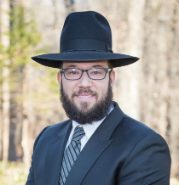
By Rabbi Mike Moskowitz.

